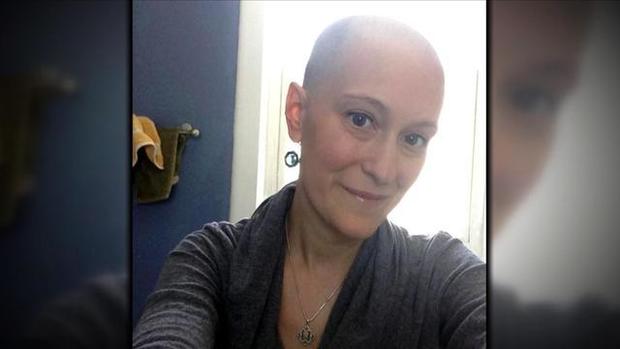New research finds a low-fat diet can lower a woman's risk for breast cancer
A new cancer study made headlines this week as researchers found that a low-fat diet helps reduce the risk of dying from breast cancer. The findings of this large, long-term study could have life changing results for millions of women.
Tali Lando, a pediatric ear, nose and throat surgeon, was diagnosed with an advanced breast cancer five years ago, when she was 37-years-old.
"The reality for me changed," she told CBS News. "I am still here today so that's the good news."
After surgery, chemotherapy and radiation, Lando completely changed her diet. New data shows that the impact of this decision is real. Women who followed a balanced, low-fat diet had a 21% lower risk of death from breast cancer, and a 15% lower risk from death from any cause compared to women not on a low-fat diet, according to the American Society of Clinical Oncology.
"You have to decrease your fatty intake if you actively want to be positively affecting your survival from this disease. It's almost like a license to give a prescription now to see a nutritionist and change your diet," said Dr. Manasseh, chief of breast surgery at Maimonides Medical Center.
The 20-year study followed 48,835 post-menopausal women who did not have breast cancer when they enrolled. One group adopted a lower fat diet with daily servings of fruit, vegetables and grains and cut fat intake to about 25% of total calories. The control group continued their normal diet, with fat accounting for about a third of total calories, 32%, according the American Society of Clinical Oncology.
"These actually aren't hard things to do. I think the difficulty comes in what the availability is of these items in the house or in the home," Dr. Manasseh said.
"You can't change your genetics and you can't change the reality of the tumor you were diagnosed with, but you can only control certain things, and this is a big one ... diet," Lando said.
The study suggests that dietary changes don't have to be drastic to have a lasting impact.




